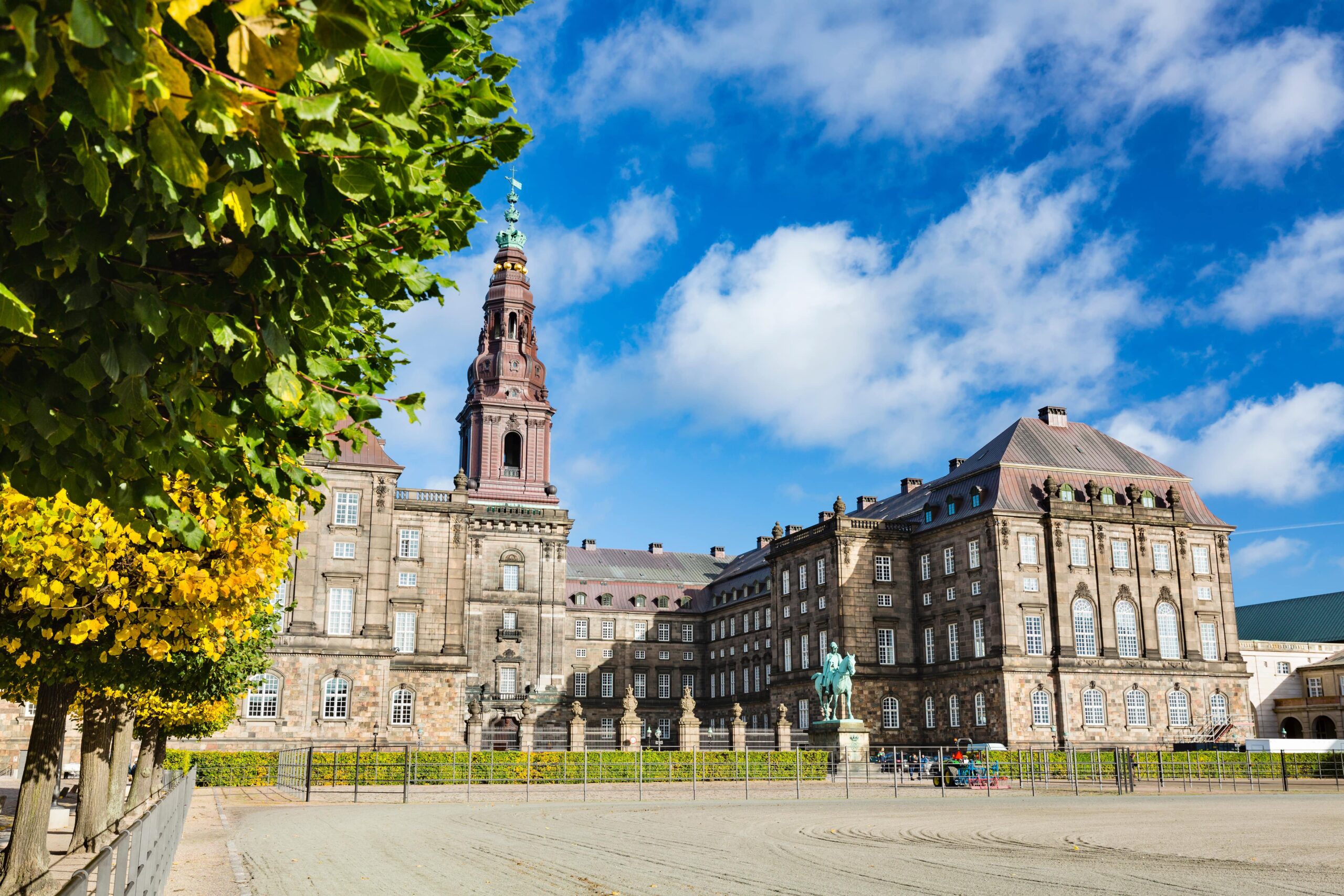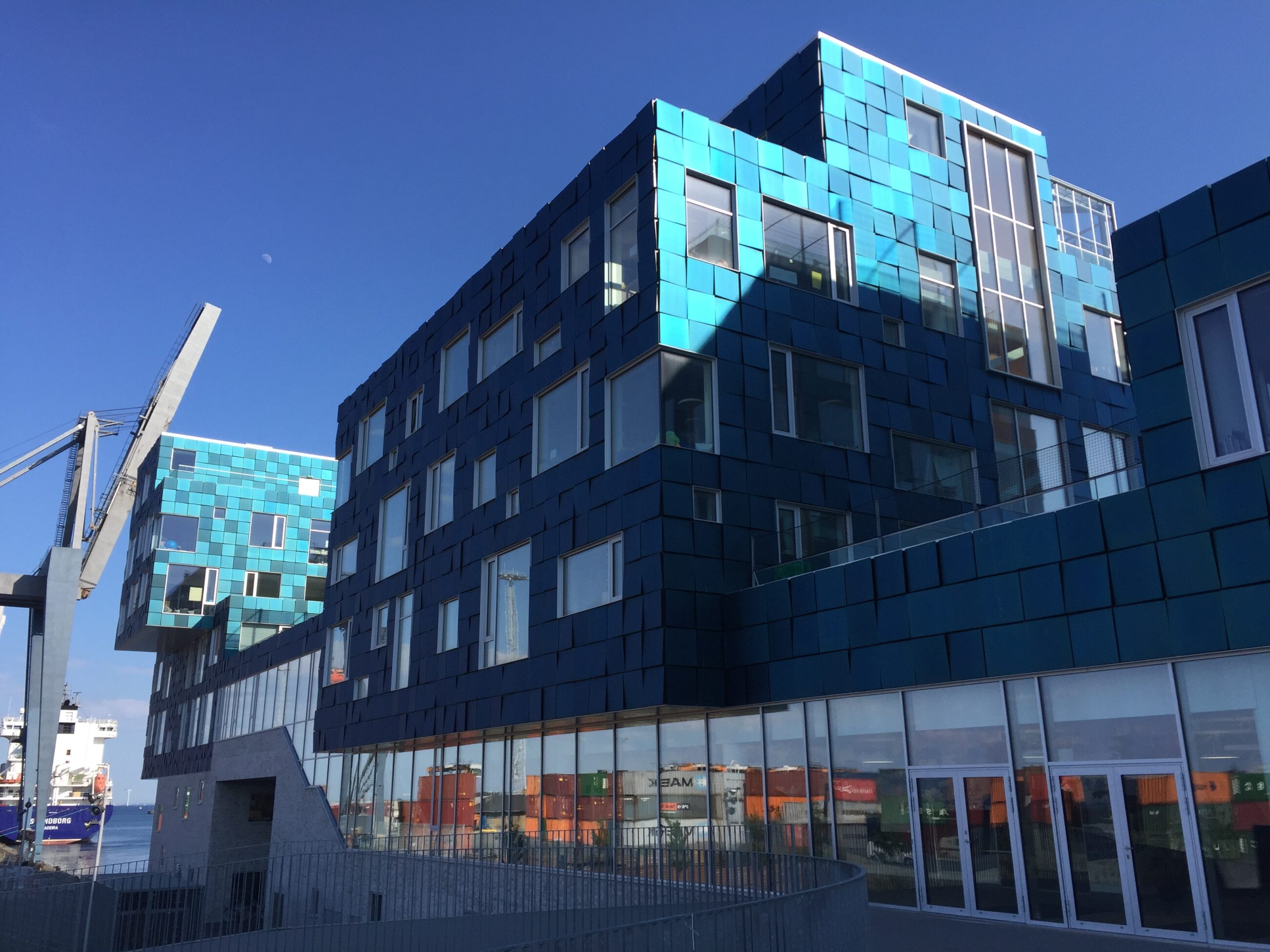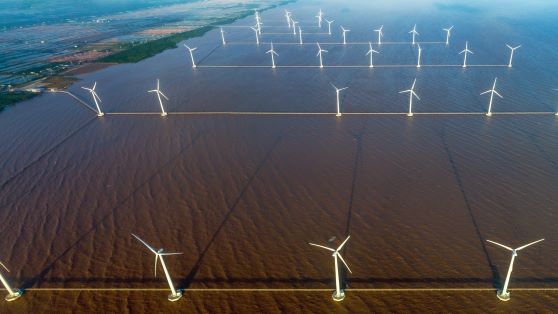News
Air pollution
Urban mobility
Liveable City: Copenhagen’s Buses Cut Pollution


For the past 6 months, almost 300 buses in Copenhagen have been upgraded with a special air filter to so-called ‘CleanAir-buses’. Transporting commuters through the most congested and polluted streets in the capital, each bus has been equipped with a new cleaning system that removes 95% of pollution.
The project has been financed by the Environmental Protection Agency in collaboration with the municipality of Copenhagen and Frederiksberg.
“We have taken a great stride in making the capital cleaner. The new cleaning systems reduce air pollution from buses by 95% and are yet another step on the path towards driving down pollution from traffic. In addition to the CleanAir-buses, a scrapping scheme for the oldest and most polluting stoves has been launched, as well as increased control efforts towards ship emissions, all contributing to cleaner air in Copenhagen and Denmark, says Michel Shilling, Deputy Director at the Danish Environmental Protection Agency.
- Related news: New Environmental Requirements ofr Ships Cut Air Pollution by Half
It took about 6 months to install the cleaning systems, and at present the buses have driven more than 3,5 million kilometers with the new filters.
“The new buses mean that Copenhagener’s breath cleaner air, and that we reduce one of the most serious sources of lung cancer and respiratory diseases in the city. The new filters reduce pollution comparable to 15-20% of the heaviest polluting vehicles. This is something that makes a difference. Amongst others, I am pleased about the cooperation behind this project, which makes Copenhagen even greener”, says Frank Jensen, Lord Mayor of Copenhagen.
Jørgen Glenthøj, Mayor of Frederiksberg, agrees:
It is important to create the best possible framework for a good, healthy life with a lot of life quality for our citizens. We have a green city with a great focus on the environment. This initiative lies at the core of our aspirations for the city, now and in the future, and I am pleased about the very constructive collaboration between everyone during the process”, says Jørgen Glenthøj.
- Read more about: Sustainable Transportation
A total of DKK 84 million (EUR 11.3 million) was allocated for the project, of which DKK 74 million (EUR 9.9 million) came from the Environmental Protection Agency. The Municipality of Copenhagen and Frederiksberg contributed with DKK 9 million (EUR 1.2 million) and DKK 1 million (EUR 0.13 million) respectively.
“Movia works to ensure greener public transportation and the CleanAir package helps us reach our environmental target to reduce emissions of NOx and particles”, says Dorthe Nøhr Pedersen, CEO at Movia.
Facts about the air cleaning system
- The systems, which are made up of SCR-catalyzers and particle filters, replace the existing exhaust systems and have been built into the engine of the buses. The systems cleans NOx and soot particles from the gas.
- Danish company Amminex provided the technology
- The cleaning systems have been installed in buses that drive on the most polluted roads in Copenhagen, including bus 1A, 2A and 6A.
Quick Q&A about the system
- Why not replace the busses instead of upgrading them?
It is significantly more expensive to replace the buses than to upgrade them with a new system, which makes the upgrade the most environmental choice gauged against costs. In addition, the lifetime of the vehicles has been prioritised in order to delay and preferably reduce the amount of environmental heavy production processes to manufacture new buses.
- How much do the busses pollute before and after?
Before the upgrade, the buses in the project emitted about 6-10 grams NOx/kWh. After the upgrade, the emission of NOx is reduced by 95% to around 0.4 grams/kWh. This corresponds to a total reduction of NOx emissions of around 300 tonnes per year. The reduction in particle emissions will be around 95-98%.















